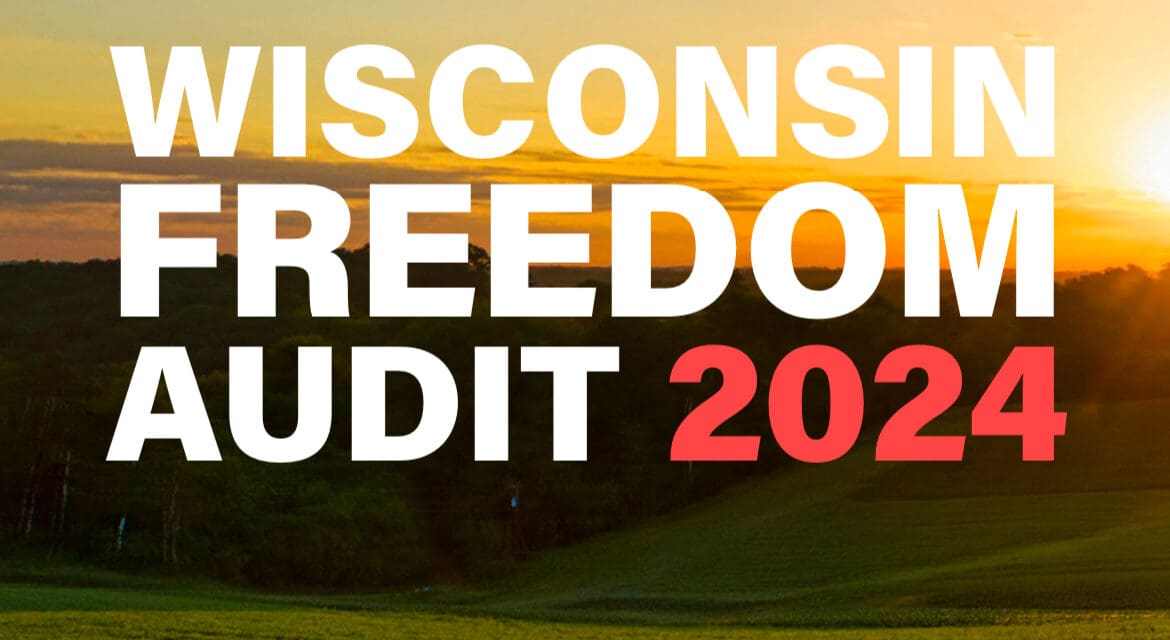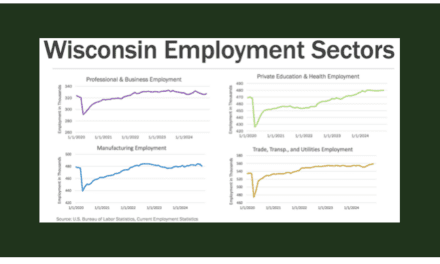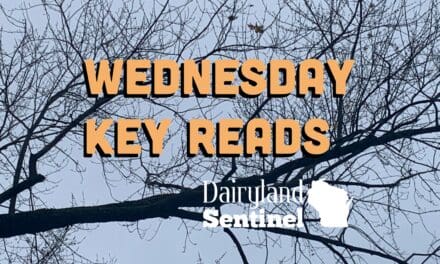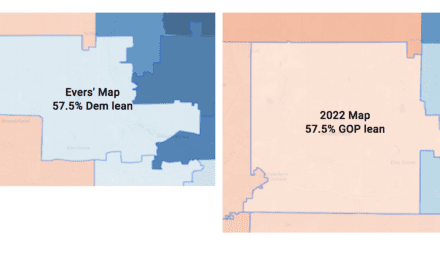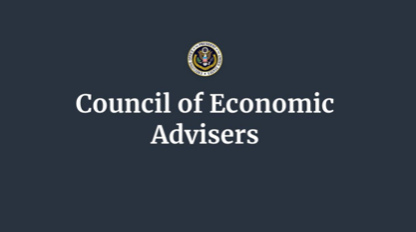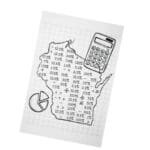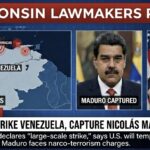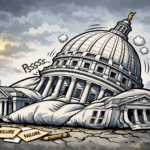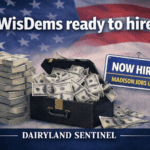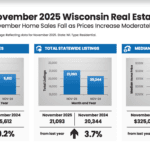The Wisconsin Institute for Law & Liberty (WILL) released its “2024 Wisconsin Freedom Audit”, an extensive review of where the state ranks in various measurements of freedom, including fiscal freedoms, regulatory freedoms, and individual freedoms.
The audit found that Wisconsin ranks in the middle of the pack for their pillars of freedom. These rankings can all be improved, WILL asserts, by adopting policies that make Wisconsin a freer place to live, work, and raise a family.
“Freedom is the pinnacle of our nation’s identity, yet Wisconsin is in the middle of the pack on a number of important indicators,” said WILL Senior Research Analyst, Noah Diekemper. “WILL has provided lawmakers and policymakers with a litany of things to tackle next year and our Freedom Audit of 2024 can help shape a pro-freedom 2025.”
Wisconsin ranks 26th in Fiscal Freedoms amongst the United States. We rank 21st in Regulatory Freedoms and Individual Freedoms, according to WILL’s audit.
Fiscal freedom examines the extent to which government taxation and expenditure impacts personal financial autonomy. Higher government spending and tax collection diminish the control individuals have over their income.
According to WILL, Wisconsin could enhance its economic standing by implementing measures like maintaining property tax levy limits, streamlining government services to eliminate redundancies, and considering a shift towards a flat or no income tax system. These changes could stimulate growth and attract investment.
WILL also notes that starting and running a business involves navigating a complex landscape of paperwork, fees, and waiting periods at various government levels. Once operational, businesses must comply with diverse regulations that differ by industry, occupation, and jurisdiction. The higher these regulatory hurdles, the less business activity tends to occur.
To promote regulatory freedom, WILL says Wisconsin should consider adopting regulatory sunset laws to periodically review and potentially eliminate outdated regulations. It should also abolish minimum markup laws and price floors, which were originally anti-depression measures against monopolies but now hinder business operations. Moreover, introducing a ‘Right to Earn a Living Act’ and ‘Universal License Recognition’ would affirm the right to work over restrictive licensing, thereby encouraging entrepreneurship.
As far as personal freedom, WILL determined this involves empowering individuals to make their own choices without causing harm to others. While not defining the government’s exact role, WILL notes it’s crucial to assess how restrictive Wisconsin’s policies are in areas with significant public support for personal liberty, like education, speech, religion, alcohol, land use, and gun rights.
Practical steps advocated by WILL include: deregulating school choice to enhance educational freedom, and easing zoning laws that currently limit land use. These actions would align with broader public desires for personal freedoms in specific domains.
“Freedom is at the heart of what makes our state and country exceptional. Yet, Wisconsin has work to do to unlock its full potential.” said WILL Policy Director, Kyle Koenen. “This report highlights actionable steps that policymakers can take to expand freedom, reduce burdens, and empower Wisconsinites to thrive.”
In addition to ranking Wisconsin and pointing out policy areas in which the state could improve, WILL’s audit also recognized several areas of success here. Notably:
- Wisconsin has long been a national leader and example for education freedom and parental choice,
with a long-standing voucher program and public support for homeschooling. - Wisconsin has the nation’s best-funded public pension system.
- Wisconsin is ranked the freest state in the country for consumers’ ability to purchase alcohol.
Wisconsin has one of the lowest tax rates on beer. Wisconsin citizens can walk into a Kwik Trip—or
many other convenience stores, grocery stores, and gas stations—and purchase alcohol. And they
may even do so on a Sunday. - Wisconsin’s regulation surrounding campaign speech, grassroots education, and campaign finance
largely models best practices that protect individuals’ freedom of speech.
For more information about WILL and their report, click on the link, below.

